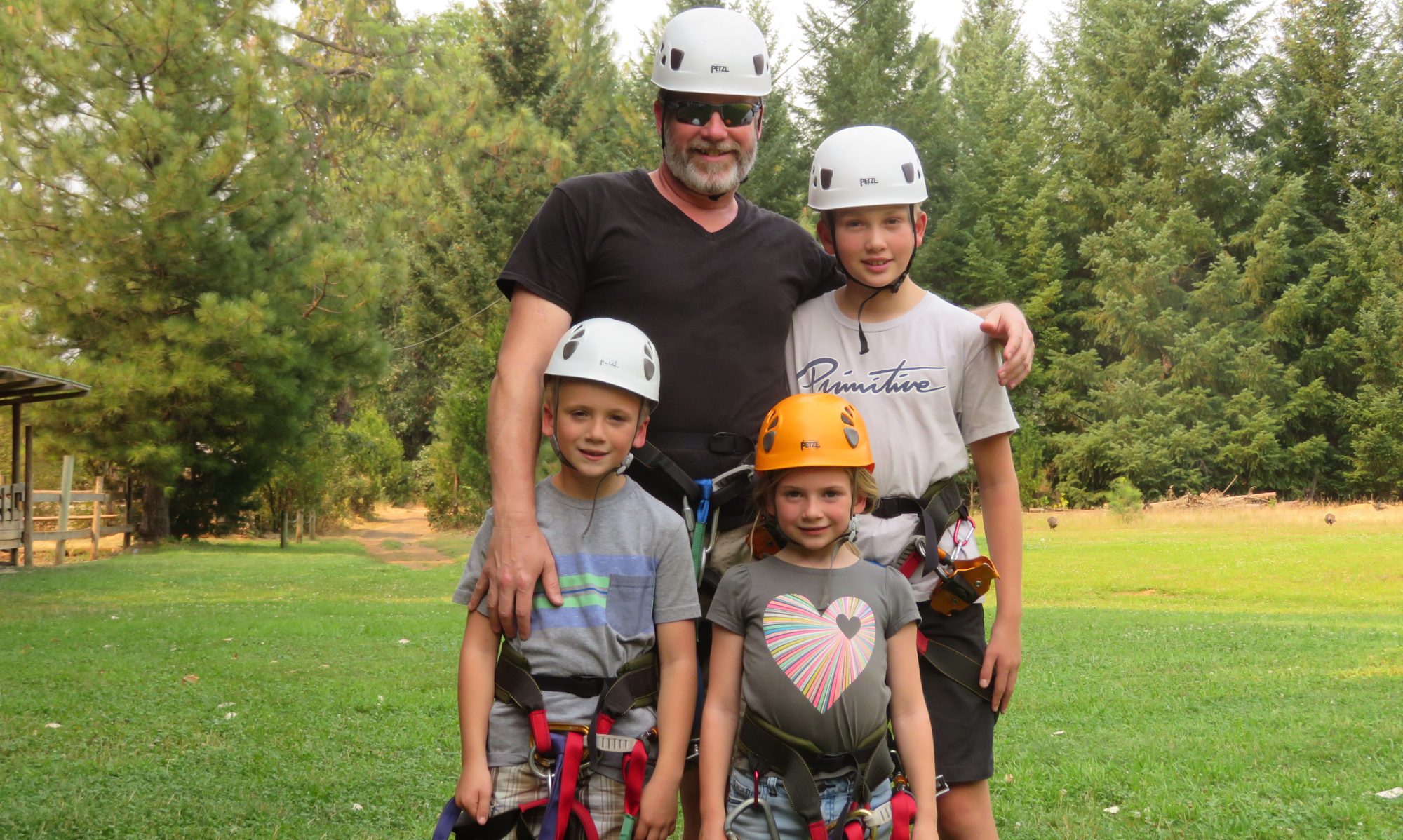So, what does it take to be a leader? Can you count the number of times that question has been asked and answered? While many answers exist, this short TED video by Derek Sivers (@sivers) from 2010, offers compelling evidence of leadership.

Leaders need followers. Sure, you can be a lone wolf – a la The Lone Ranger. However, The Lone Ranger’s impact was limited because he lacked followers to carry his vision far and wide. Contrast that with the young man in Derek’s TED presentation.
The first guy to dance inspired another, which then inspired another and the flood gates opened wide from there. Now, one could argue that getting people to dance at an outdoor concert is like shooting fish in a barrel. But, what compelled them to run over and dance with this guy and his followers? Dancing in place would have allowed them quicker access to their stuff. Obviously, people like to contribute to something bigger than themselves.
I don’t intend to diminish the ability of any one individual to impact the world. Sometimes, the sacrifice of a single individual will inspire a movement. But, unless someone communicates that sacrifice the purpose may be lost. Inspiring others to act will exponentially impact the world with every new follower. The Lone Ranger’s mission could not be fulfilled with followers (aside from his side-kick Tonto). His vigilante approach demanded that he live outside societal norms. Therefore, followers may have meant that he was less capable of fulfilling his mission.
The point I’m trying to make is that you need to determine the type of leader you want to become. Do you have a single mission that will be accomplished within your lifetime? Or, will you start something bigger by attracting followers to carry on your vision.
I thought my single mission was to simply raise my children to be good productive citizens. While that satisfies the basic needs, my mission is more complicated than that. I know I cannot guarantee any specific outcomes, but I feel compelled to continue the progress of past generations. Perhaps, I can inspire my kids to leadership by emulating those traits and helping them find their passion and their followers.
Related articles
- 4 Critical Leadership Traits (leadershipdad.com)





